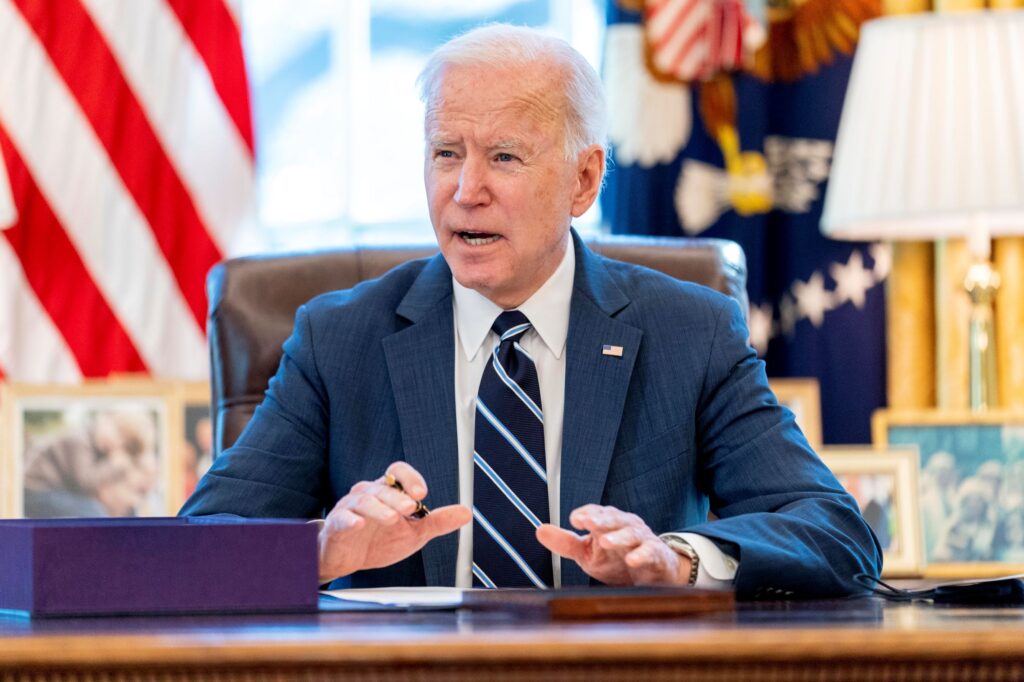The House of Representatives passed President Joe Biden’s $1.9 trillion COVID-19 relief package for Americans with a 219-212 majority on Feb. 27. The passing of this bill marks the first step towards Biden enacting one of his largest campaign promises during the 2020 presidential election, furthering aid to Americans left in need after the economic effects of the pandemic.
“Some of the highlights of the bill include $1,400 stimulus checks to households, an extension of enhanced unemployment benefits through the summer, money for COVID-19 vaccines and testing, a one year increase in the child tax credit and money for state and local governments and schools,” said UWG Economics Professor, Mary Kassis. “The House bill also included an increase in the minimum wage to $15, but this was dropped in the Senate version of the bill.”
While the bill was passed in the House of Representatives, there was not bipartisan support of the bill within the House. There was minimal Democratic opposition, however, the bill was largely opposed by Republican House members.
“The House was divided mostly along party lines on the bill. It passed without any republican votes,” said Kassis. “Some of the arguments against the bill include that the stimulus is poorly targeted, that a lot of the spending in the bill is not really COVID-19 relief, that the size of the bill is too big given the decline in COVID-19 cases and the current vaccination rate, that it will increase the deficit and that it could lead to inflation.”
While there are split beliefs along party lines in the House of Representatives, Americans will see several effects in their lives due to the passing of this bill. Many of these effects were seen in the previous stimulus bills and will be a continuation of previous existing bill effects.
“The most immediate impact for Americans will be that most individuals will receive a $1,400 stimulus check,” said Kassis. “People who are receiving unemployment will continue to receive enhanced benefits through the summer, although the amount of the additional benefits is yet to be determined. The House bill called for the extra benefits to increase from the current $300 to $400 but the version passed by the Senate calls for the benefit to remain at $300.”
Since the beginning of the pandemic, Americans have received several financial aid packages and financial support from the government. As the timeline of the pandemic continues, this support will begin to waver as the United States increases vaccinations and cases continue to dwindle.
“This is the third stimulus bill in the past year. Given the decline in COVID-19 cases and the plan to make vaccines available to all Americans by summer, it does not seem likely that a fourth COVID-19 relief bill will be needed,” said Kassis.
You may also like
-
UWG Fails to Protect Student Safety From Radical Conservative Rhetoric Under the Guise of Free Speech
-
UWG PR Students Score a Georgia Power Tour at Atlanta Corporate Office
-
A Dead Horse to Beat: Equestrian Death in Atlanta Sparks Conversation
-
Abortion Debate Continues as Georgia House Considers House Bill Defining Life at Conception
-
Georgia Graduates Rethink Pharmacy Careers Amid Opioid Crisis
